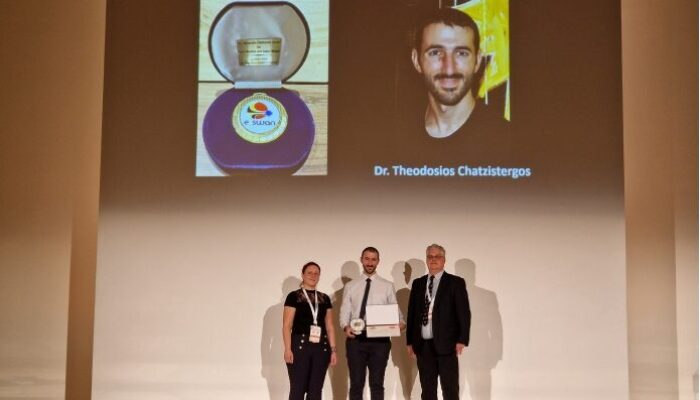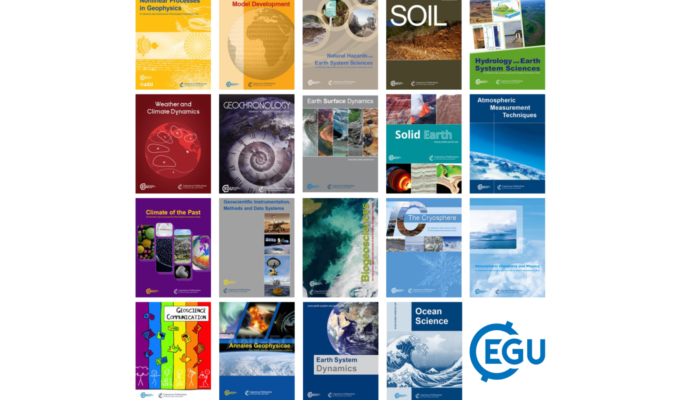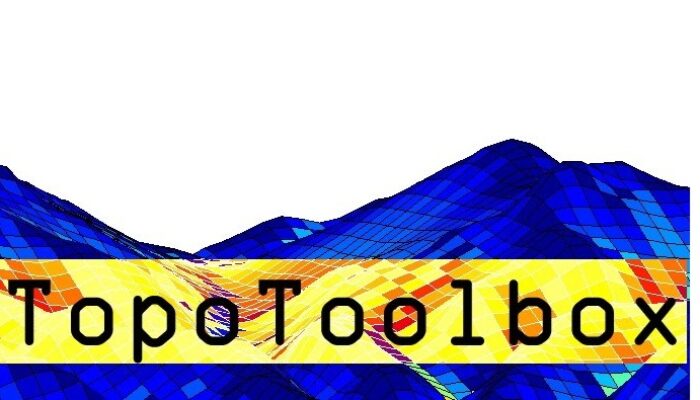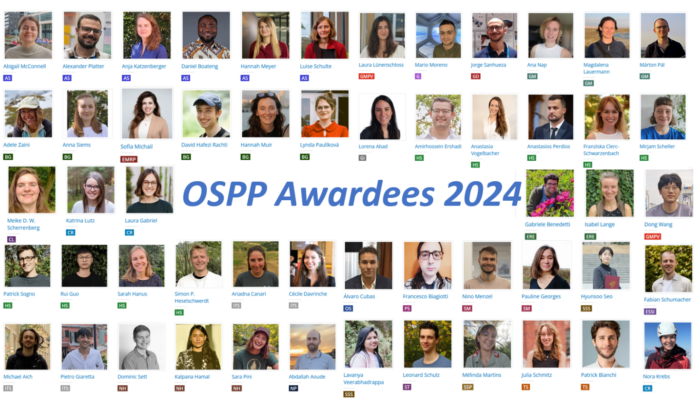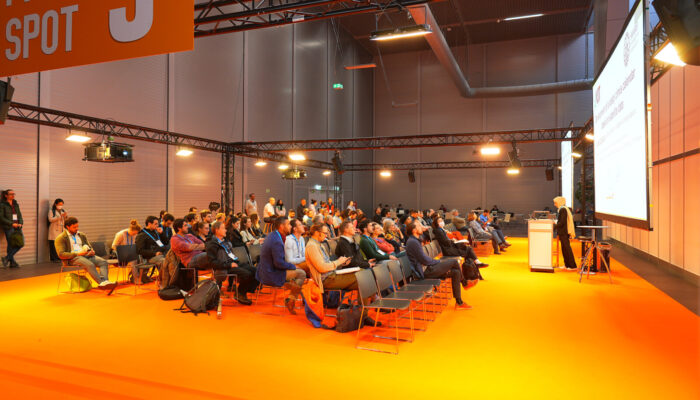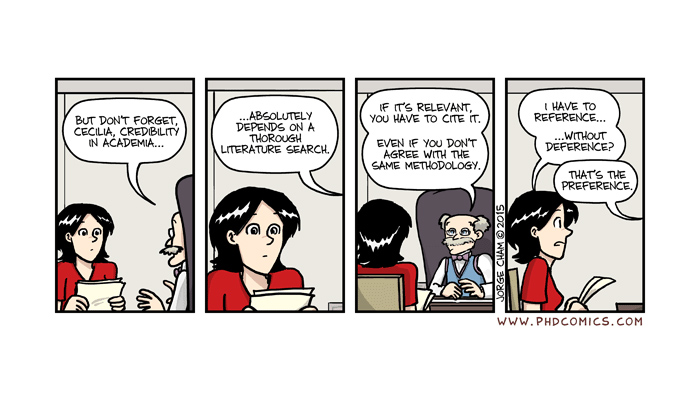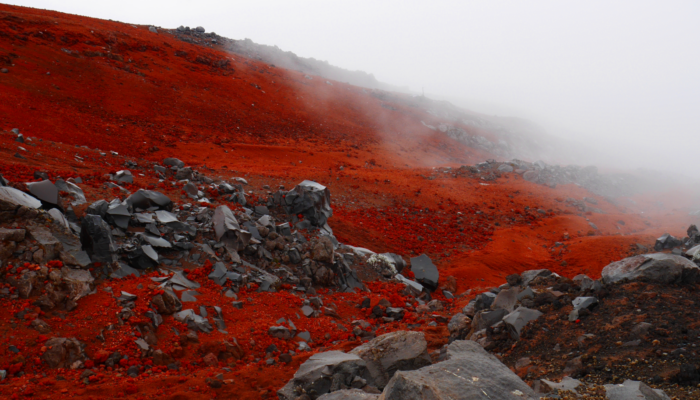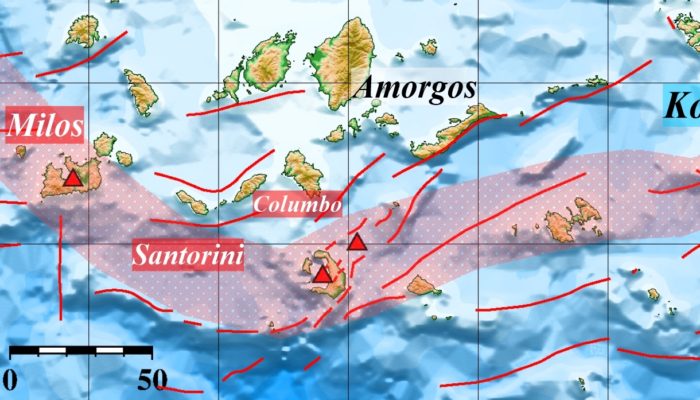1. Congratulations on receiving the e-SWAN Alexander Chizhevsky Medal for outstanding contributions to space weather and space climate. How does this recognition reflect your work and impact in the field? Thank you! I am deeply honored to receive this award, which recognizes not just my work but the collective efforts of many collaborators over the years. My research has focused on reconstructing ...[Read More]
If you didn't find what you was looking for try searching again.
GeoLog
GeoRoundup: the highlights of EGU Journals published during March!
Each month we feature specific Divisions of EGU and during the monthly GeoRoundup we put the journals that publish science from those Divisions at the top of the Highlights section. This month, we are not featuring any particular divisions, but an ensemble of all the highlights of this month instead. Atmospheric Chemistry and Physics Modelled surface climate response to effusive Icelandic volcanic ...[Read More]
GeoLog
GeoPolicy: A Week Inside the European Parliament – Science, Policy, and the Role of Experts
As the selected scientist in the EGU’s 2024 Science-Policy Pairing Scheme, I had the opportunity to experience life inside the European Parliament for a week with the support of Member of the European Parliament (MEP) Jutta Paulus and her team, who are part of the Group of the Greens/European Free Alliance. A week is short, but in these few days, I gained deeper insights into the inner workings of ...[Read More]
Geomorphology
The community development of TopoToolbox starts now
Please contact one of the GM blog editors, Emily (eb2043@cam.ac.uk) or Emma (elodes@asu.edu), if you’d like to contribute on the blog! by Wolfgang Schwanghart (Researcher, University of Potsdam, Germany), Dirk Scherler (Professor, Freie Universität Berlin and GFZ-Potsdam, Germany) and William Kearney (Research Software Engineer, University of Potsdam, Germany) Email: schwangh@uni-potsdam.de We al ...[Read More]
Geodesy
Do’s and Don’ts for the EGU OSPP award
Hi there, I am Marius, an Outstanding Student and PhD candidate Presentation (OSPP) awardee from 2023 for the Geodesy Division. I want to share my experiences on the competition with you. EGU’s General Assembly is approaching, and many of you are probably preparing your contributions and thinking about how you will present your results in a few weeks. I want to give you an overview of DoR ...[Read More]
GeoLog
EGU25’s Code of Conduct: standards of behaviour for all our participants
Are you ready?! EGU25, Europe’s biggest meeting for Earth, planetary and space science research, is now just under a month away! But even sooner than that you only have a few days left to grab your Early Bird rates for registration. If you have already booked your registration you will probably have noticed that by purchasing your registration to participate in EGU25 you will also have agree ...[Read More]
Hydrological Sciences
Your top 3 must-reads for a new PhD student in hydrology
Starting a PhD can feel overwhelming. Objectives and deadlines pile up, making it seem like you are juggling a thousand tasks at once. However, there are a few steps that do help you navigate this experience. One of the very first steps is to perform your literature review, which will serve as the foundation for your research. To help other early career scientists tackle this activity at the begin ...[Read More]
Geodynamics
Halokinesis: the effect and importance of the most “liquid” rocks in geodynamics
Evaporitic rocks possess unique properties that enable them to form crucial structures for petroleum systems. Salt basins are globally distributed, particularly along the Atlantic margins. Their thermal and mechanical properties can influence the Earth’s crust, altering structural styles and basin architecture, with significant implications for hydrocarbon exploration and geodynamic processes. How ...[Read More]
GeoLog
Calling all photographers! Enter your fieldwork or labwork photo and win free registration to EGU26!
Whether you work in the lab, the field, onboard an ocean vessel or using data from instruments hundreds of kilometers away, you probably know that feeling of taking a truly great photo of your experience as a researcher. If this is you then you are in luck as you have ONE WEEK LEFT to submit your photo to the EGU photo competition, and possibly win free registration to next years General Assembly! ...[Read More]
Seismology
Earthquake Watch: Santorini-Amorgos earthquake swarms
For this Earthquake Watch we are very pleased to have a contribution about the 2025 Santorini – Amorgos seismic sequence, by Dr. Andreas Karakonstantis, a postdoctoral researcher at the University of Patras and National and the Kapodistrian University of Athens. He obtained his Ph.D. in seismology in 2017. Does life move in circles? That is an excellent question to ask, especially in our case rega ...[Read More]

